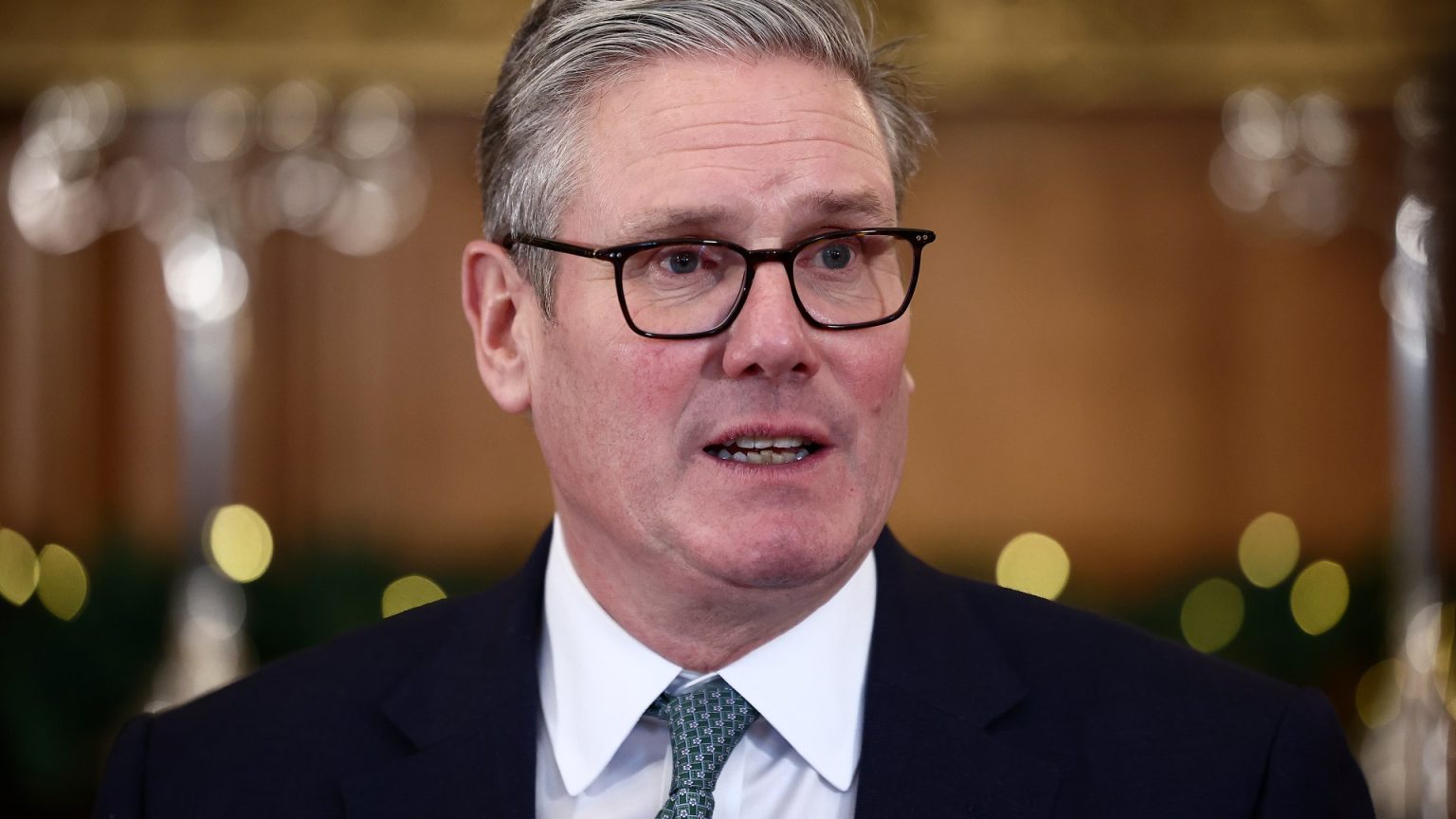The political and economic landscape in the UK is facing significant turbulence, with Chancellor Rachel Reeves at the center of the storm. Sir Keir Starmer, while expressing confidence in his team, has conspicuously avoided confirming Reeves’ position as Chancellor beyond the current parliamentary term. This reticence comes amid growing criticism from the business community, escalating market volatility, and soaring borrowing costs, all contributing to a precarious economic situation. Reeves’ October budget, which introduced tax increases aimed at addressing a substantial fiscal deficit, has been met with disapproval from business leaders who argue that it has undermined confidence and hampered investment. This uncertainty surrounding Reeves’ future, coupled with the challenging economic backdrop, is fueling further instability in the markets.
Reeves’ budgetary measures, while intended to stabilize government finances, have been perceived by some in the business sector as detrimental to economic growth. Critics contend that the tax hikes, specifically the increase in National Insurance contributions, will contribute to inflationary pressures, stifle economic expansion, and ultimately lead to job losses. This sentiment has been echoed by prominent figures like CBI boss Rupert Soames, who has warned of a potential exodus of businesses and a decline in employment if the government continues on its current trajectory. The government’s proposed Employment Rights Bill, intended to enhance worker protections, has also drawn criticism from Soames, who deems it overly complex and likely to generate legal disputes rather than providing clarity and security for employers.
The government’s commitment to Net Zero emissions targets is facing significant scrutiny, particularly its impact on the UK chemicals industry. Sir Jim Ratcliffe, owner of Manchester United and Ineos, has voiced strong concerns about the potential “extinction” of the domestic chemicals sector under current government policies. He argues that the transition to a green economy should not come at the cost of vital industries and manufacturing jobs, particularly in the North of England. Ratcliffe advocates for a trade policy that supports domestic manufacturing and discourages reliance on imports, emphasizing that simply shifting production overseas will not solve the climate crisis but will merely displace emissions and harm British industry.
The combined pressures of budgetary concerns, criticism from the business community, and the complexities of the green transition have created a volatile economic environment. The pound sterling has continued to weaken against the US dollar, reaching its lowest point since November 2023. This decline reflects a lack of confidence in the UK’s economic outlook and highlights the challenges faced by the government in navigating these turbulent waters. Government borrowing costs have also surged to multi-decade highs, adding further strain on public finances and raising concerns about the sustainability of the government’s fiscal strategy.
The government’s challenge lies in balancing the need for fiscal responsibility with the imperative to foster economic growth and address the concerns of the business community. The criticism leveled against Reeves’ budget underscores the delicate balancing act required to stabilize public finances without stifling investment and job creation. The government will need to demonstrate a clear and consistent economic strategy that inspires confidence in both the markets and the business sector. Failure to do so could further exacerbate the current economic instability and prolong the period of uncertainty.
The unfolding situation underscores the interconnectedness of political and economic stability. Starmer’s non-committal stance on Reeves’ future adds to the prevailing sense of uncertainty, potentially undermining confidence in the government’s economic leadership. It remains to be seen how the government will respond to the growing chorus of criticism and whether it can effectively navigate the complex challenges facing the UK economy. The ability to restore market confidence, address the concerns of the business community, and deliver sustainable economic growth will be crucial for the government’s long-term success.











